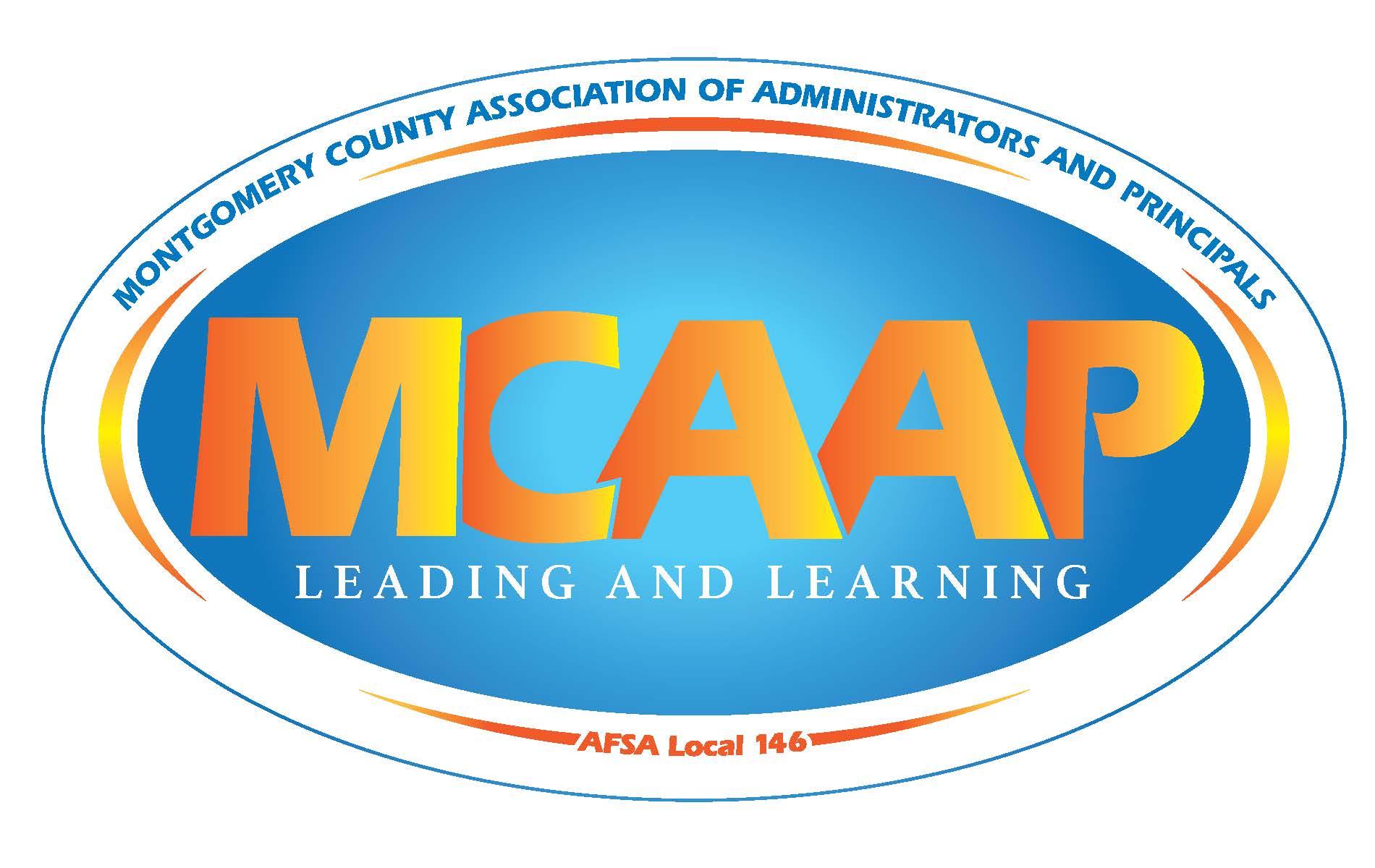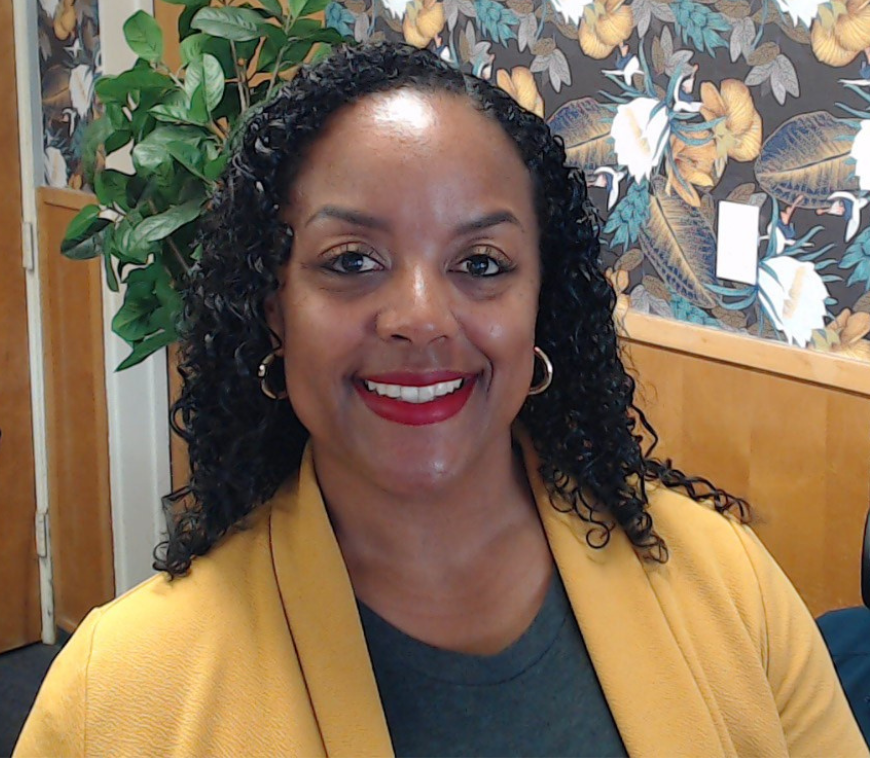Black History is American History and should be taught throughout the year. However, while this reality is often neglected, February continues to be designated Black History Month. It is a time when we pay special tribute to generations of Black Americans who have lived in the United States and struggled through centuries of hardship, danger and adversity to become full citizens of this nation as defined in the 14th Amendment of our Constitution. Black History Month is a time to rejoice in and celebrate Black Americans’ many specific historical achievements and cultural contributions in the fields of science, the arts, politics and education. At AFSA, we take great pride in the countless Black educators who hold leadership roles in our schools, our locals and our national union, and we are honored to highlight such outstanding members every year.
As a teenager, Principal Sasha Scott of Chula Vista, California, dreamed of being a marine biologist, a dolphin trainer and of living on a boat. A teen athlete who played basketball, softball and volleyball, she benefited from outstanding coaches and discovered she was a born coach herself. Eventually, she found a way to tie them all together.
Sasha initially grew up in the Bronx, New York, attending Holy Rosary School. Then she and her family moved to suburban North Branford, Connecticut, where Sasha and her brothers suffered severe culture shock. “We were curiosities,” she recalls, and she says that because they were Black and from the Bronx, kids would ask questions like, “Were you in gangs?”
Being sheltered Catholic schoolchildren, they were stunned to be viewed as “the other” and took refuge in sports. Sasha played Division I volleyball at the University of New Hampshire (UNH), where she majored in marine biology and came under the stellar influence of Coach Jill Hirschinger. Sasha came to see that she could combine her love of science and coaching if she became a teacher.
After earning her master’s degree in secondary education, Sasha packed her little Yorkie, Stitch, and all her belongings into her car and drove across the country to San Diego. She had fallen in love with California when her UNH volleyball team played there against Stanford University. She says she “never looked back.”
“School leadership wasn’t in my plans,” she says. “I loved teaching and never would have guessed I’d become an administrator.”
Her first teaching job was at Hilltop High School in Chula Vista, where she eventually became the assistant varsity and varsity coach in girls’ lacrosse, basketball and volleyball.
The daughter of a Dominican mother and Jamaican father, she was fluent in Spanish and “a real catch as a bilingual biology teacher.” Her big surprise was learning the differences in dialect with the Spanish her students spoke, but she welcomed the challenge. Then in 2012, she got caught in a massive teacher layoff.
Luckily, she had picked up an administrative credential along the way and there were administrative openings. She thought, “Well, I’ll do this for a while and then go back to teaching.”
When she became assistant principal (AP) of student activities at Hilltop High School, Chula Vista, she thought, “It was fantastic.” Although she had myriad responsibilities, it was basically about elevating school spirit by building community. She says, “I got to work with some of the best student leaders and could help make school fun.” She taught a leadership class, too, and noted, “It was a little like coaching and I loved it.” After five years, she moved to Olympian High in the same role before moving into the main office assistant principal role with traditional AP responsibilities.
“It was OK,” she says. She missed coaching, but she appreciated the stability. Her son Jordan was 8 and she was soon to give birth to a second son, Kai. Thanks to her mother, Carmen Taveras, who traveled between California and the Dominican Republic, she had extra child care during the early years of her sons’ lives. She says it is impossible to be a full-time administrator and the mother of young children without that additional support, and is grateful for her mother’s help.
Good thing for her, too, because she was appointed principal of Mar Vista Academy, grades 7 to 8, Sweetwater Union High School District, in June 2022, when Kai was not quite a year old. Mar Vista was known as a school with subpar community reviews and Sasha was determined to change its image by raising expectations and reinforcing the discipline policy. Because she was strict, the suspension rate rose to about 20%, but it now is down to 5%.
“I was able to find the joy again,” she says, “in impacting students and community. Establishing a solid community means the world to me.”
Building community is a step on the path to improving test scores, a genuine challenge in an institution whose student population is 78% socially and economically disadvantaged, with 34% English language learners.
“I have about 35 teachers who are great, hardworking, in the trenches, and [they] were especially so during COVID,” Sasha says. “And they’ve been great about the changes we’ve been making.”
Some 74% of Mar Vista’s students are Hispanic; they are less than 10 miles from the Mexican border, and mindful of the new politics of immigration. “We are trying to protect our children. Many are fearful, as they don’t know what this means for their families.
“Our superintendent, Dr. Moisés Aguirre, is doing a great job of communicating with all our principals,” she says. “Knowing he is leading us is very helpful in this situation.”
Outside of school, Sasha is active with the Black Student Union Elders Association. In a large district of 34,000 students, Black students are a small minority, and she is aware of what they are up against because she remembers what it was like for her in Connecticut. “In the period after George Floyd and Breonna Taylor's deaths, it became very important for the students to know we were with them,” she says. “It helps Black students embrace who they are. There has been great feedback from the kids and their parents.”
Personally, she says as an Afro-Latina woman, she has hit a few bumps in the road. “Some people can’t handle strong female administrators, but that is not my problem to fix; that’s on them. I keep my focus on doing what’s best for my students and school.”
She hit another kind of bump in the road recently when she had to have a hip replaced in her early 40s. This is a hereditary condition that usually strikes later in life, but years of high-impact sports hurried up the inevitable. Still healing, she now is able to continue her weekly walks with a group of female administrators, and to take Jordan and Kai on outings—but she can hardly wait to get back into her adult sports leagues.
Her outspokenness, strong sense of self and team mentality also make her an ideal bargaining chair for the Administration Association Sweetwater Union, American Federation of School Administrators (AFSA) Local 150. In typical upbeat fashion, she says, “We actually have a great relationship with our district.”

